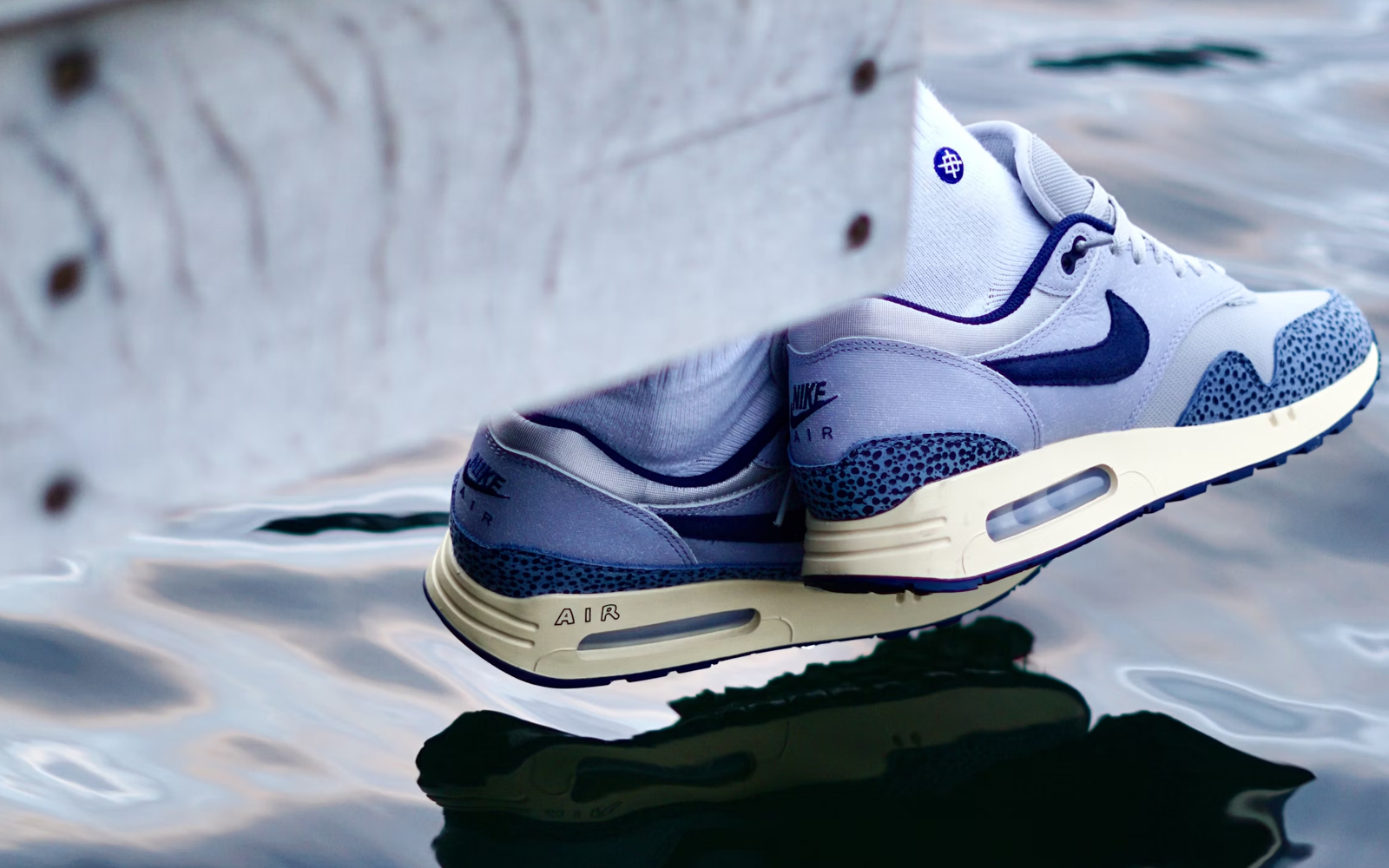
Insomnia can be deeply rooted in physical or psychological issues that need to be identified and addressed. Understanding the causes of insomnia is therefore crucial for improving our overall health and well-being.
Sleep patterns depend on many factors, including age, genetics, and lifestyle. However, one thing is certain: in the summer, various factors can alter the quality of our rest, affecting our natural sleep rhythm.
The amount of sleep needed varies from person to person, but generally, an adult requires 6 to 8 hours of restful sleep each night.
Approximately one-third of the adult population complains of insomnia. The prevalence of this disorder increases with age, particularly from the sixth decade of life.
- Primary Insomnia occurs when unsatisfactory sleep happens despite having proper sleep conditions.
- Secondary Insomnia occurs when there is a proven disruption of the physiological daily circadian rhythm.
- Some illnesses can cause insomnia on their own or exacerbate its symptoms. In such cases, it is referred to as comorbid insomnia.
Main Symptoms of Insomnia
The most common issues are difficulty falling asleep, trouble staying asleep, waking up too early, and inability to fall back asleep. People usually experience a mix of these difficulties.
Insomnia is diagnosed if you have sleep difficulties at night along with at least one of the following daytime symptoms:
- Fatigue or malaise
- Impaired attention, concentration, or memory
- Poor social, occupational, or academic performance
- Irritability
- Daytime sleepiness
- Reduced energy, motivation, or initiative
- Errors or accidents at work
- Tension or gastrointestinal issues related to sleep disturbances
- Worry and fear about sleep
If symptoms last less than a month, it is considered temporary insomnia. If symptoms persist for more than a month, it is classified as persistent insomnia, which can be further divided into subacute insomnia (lasting less than 3 to 6 months) and chronic insomnia (lasting longer).
When Should You See a Doctor?
If you experience persistent insomnia along with any of the above-mentioned daytime symptoms, visit your general practitioner. They can help identify the issue causing your symptoms and, if necessary, refer you to a sleep laboratory or another specialist.
Possible Causes of Insomnia
Insomnia is usually caused by stress or emotional problems (issues at work, school, health, finances, etc.), negative life events (death of a loved one, illness, divorce, job loss), mental overload, external circumstances disrupting nighttime rest, or a work schedule that consistently limits sleep (shift work).
Even seemingly ordinary jet lag can cause it.
Poor sleep habits can also lead to insomnia, such as eating a large meal before bed, watching TV before bed, using a computer or smartphone, exercising before bed, taking regular naps during the day, or having an uncomfortable sleeping environment.
Consuming caffeinated beverages (coffee, tea, cola) in the late afternoon or evening can cause insomnia since caffeine acts as a stimulant. Nicotine in tobacco products is also a stimulant. While alcohol might help you fall asleep, it prevents you from entering deeper stages of sleep, often causing you to wake up in the middle of the night.
Insomnia is also common during menopause and pregnancy. Sleep disorders like sleep apnea can also lead to insomnia.
Insomnia from Other Causes
Primary insomnia is a very common symptom of vascular dementia, characterized by frequent nighttime awakenings and daytime sleepiness. Neurological disorders associated with insomnia include:
- Parkinson’s disease
- Multiple sclerosis
- Epilepsy


